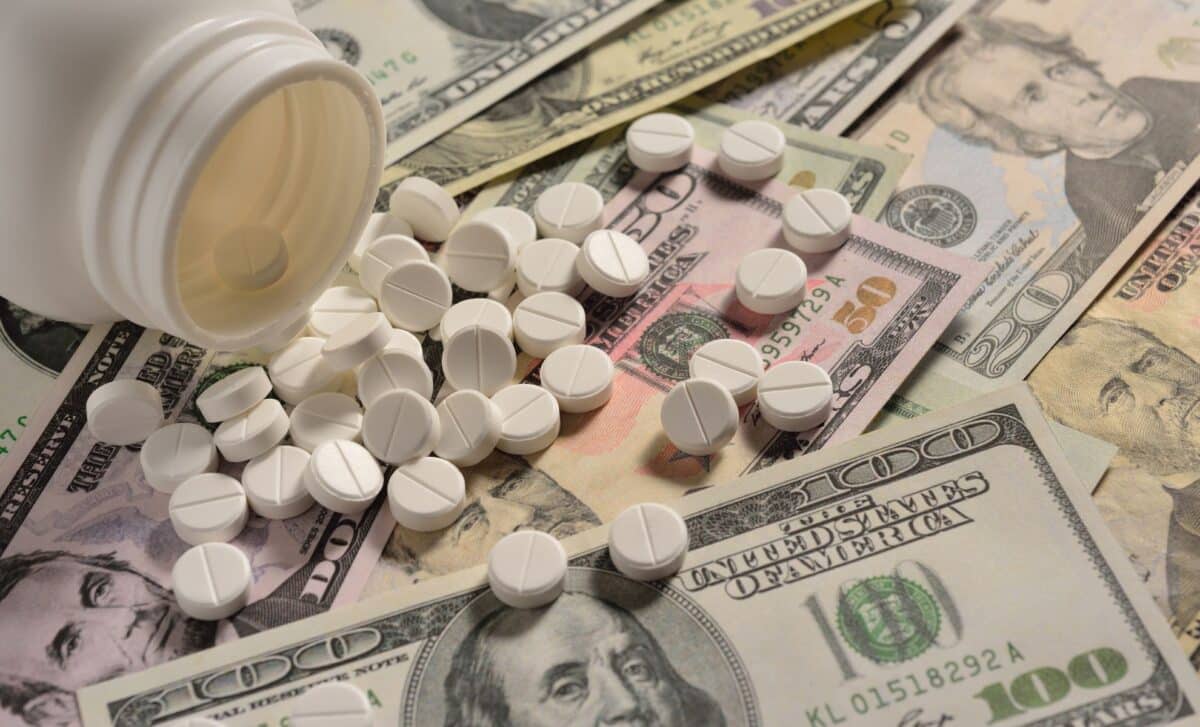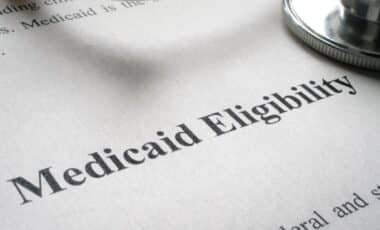Donald Trump announced on Sunday evening that he would sign an executive order aimed at cutting drug prices in the United States by tying them to rates paid in other developed countries.
Reviving the “Most Favoured Nation” (MFN) model from his first term, the former president says the new directive will reduce costs for Medicare-covered drugs administered in doctors’ offices.
Executive Order Mirrors Blocked 2020 Proposal
The new order closely echoes a 2020 policy initiative also launched by Trump, which was blocked by federal courts and later rescinded by the Biden administration.
The original “Most Favoured Nation” model would have capped Medicare Part B payments for physician-administered drugs at the lowest price paid by a select group of economically advanced countries.
In his statement on the platform Truth Social, Trump wrote: “Prescription Drug and Pharmaceutical prices will be REDUCED, almost immediately, by 30% to 80%.” He described the planned directive as one of the “most consequential Executive Orders in our Country’s history.”
According to reporting by CBS, the plan will be implemented through the Department of Health and Human Services, which will oversee changes in pricing benchmarks for a limited group of drugs covered under Medicare Part B—specifically those administered in doctors’ offices, such as injectable treatments and infusions.
Medicare, the federal health insurance program serving approximately 70 million Americans, would be directly affected.
While the executive order has yet to be publicly detailed, analysts remain sceptical about its feasibility. Chris Meekins, health policy analyst at Raymond James, said the grand scope of Trump’s claim makes it likely the measure will be met with successful legal challenges, similar to its earlier version.
Pharmaceutical Industry and Experts Raise Concerns
The pharmaceutical industry has reacted strongly against the revived MFN policy. According to Stephen Ubl, CEO of the trade group PhRMA, the order constitutes a “Foreign First Pricing scheme” that would undermine investments in domestic innovation and increase dependency on international supply chains.
“This Foreign First Pricing scheme is a bad deal for American patients.” Ubl stated, arguing that capping prices based on foreign models offers no assurance of improved access to medications.
The industry also contends that the move could disrupt drug availability for Medicare beneficiaries. Previous court rulings that blocked the 2020 version of the rule cited procedural errors and concerns about potential restrictions on access to critical treatments.
Despite the policy’s goal to align US drug costs with global norms—particularly those of countries with state-negotiated healthcare systems—the mechanism remains highly contested.









